Topic
Neighborhood Change
As community demographics shift and there’s neighborhood change, what are the issues affecting longstanding and new residents alike? When is change desirable, and when is it undesirable? How can it be turned to the benefit of those who need it most?
The Latest
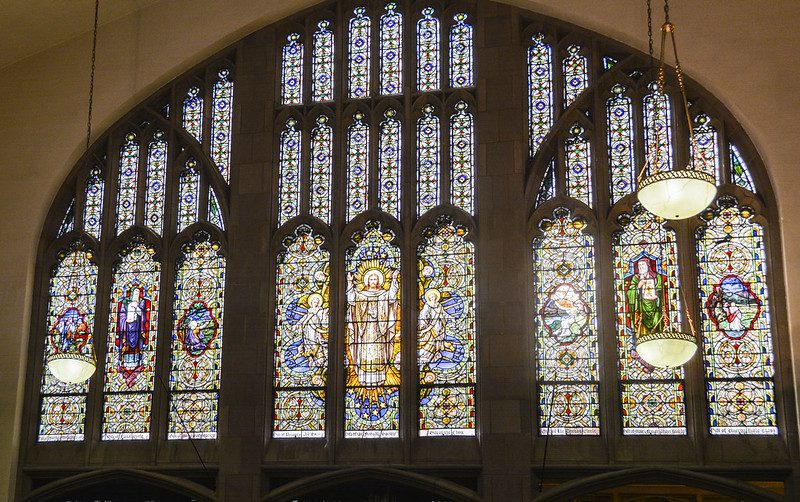
Black Congregations Are Developing Housing on Church Land
Many Black churches in the U.S. are developing housing on their property, and becoming stronger activists in the fight for affordable housing.
Explore Articles in this Topic
Search & Filter Within this Topic
filter by Content Type
filter by Date Range
search by Keyword
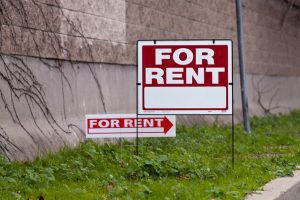
Going Home: LGBTQ Renters Find Housing on Facebook
Niche groups on Facebook help the LGBTQ community find affordable housing with folks who share their values.

“My City’s So White, I Moved”
We sit down with Carlynn Newhouse, a spoken word artist, to discuss her latest poem on gentrification in Seattle and D.C.
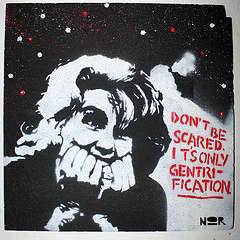
Talking Gentrification: Shelterforce Joins Shot & Chaser Podcast
What does gentrification mean? Is there anything that can stop it? Shelterforce’s Miriam Axel-Lute joins the Shot & Chaser podcast to talk all things gentrification.
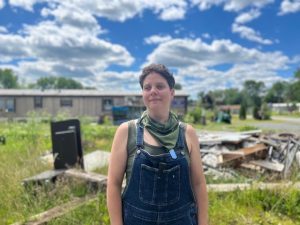
This Manufactured Home Park Will Soon Be Boat Storage, But One Resident Stays to Fight
Angela Kaufman purchased what she thought would be her longtime home in a mobile home community. Less than a year after she moved, the park was sold and residents were told they had to go.
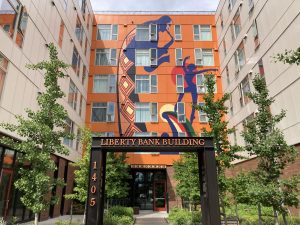
Two Paths to Density: Profit vs People
As communities across the country begin promoting density to address the affordable housing crisis, they must grapple with how that housing will be built, and for whom.
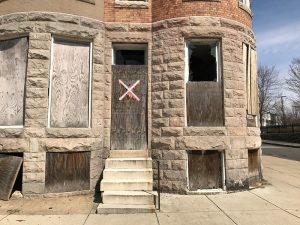
Vacant Homes Wither Under Flawed Tax Sale System
Outdated tax sale rules and predatory investment practices keep Baltimore homes in a revolving door of vacancy. But that could soon change.

Are Urban Planners Staying Silent on Climate Gentrification?
Holmdel, New Jersey, moved its affordable housing to flood-prone land, raising a question about planners’ ethical obligations to speak up against such moves.
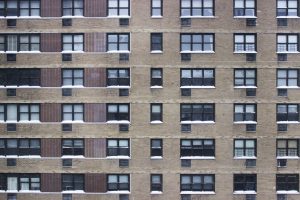
What Can Be Done When LIHTC Affordability Restrictions Expire?
The Low-Income Housing Tax Credit program has helped create more than 3 million affordable units across the country. But if something isn’t done soon, thousands of those homes could be lost forever as affordability periods expire.
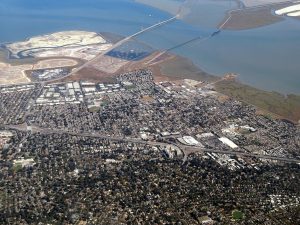
How Rent Control Helped Create East Palo Alto
The story of East Palo Alto’s incorporation is one marked by great contention among local stakeholders, but also provides valuable lessons for organizers in forging and mobilizing local coalitions.

Blame Policies, Not Places, for Poor Health
Shifting blame from people to ZIP codes is not enough to create healthy communities. Here’s how to do better.

What Is NIMBYism and How Do Affordable Housing Developers Respond to It?
NIMBYism is often expressed as concerns about crime, congestion, schools, property values, and “quality of life.” But when developments are built these fears rarely come to pass.
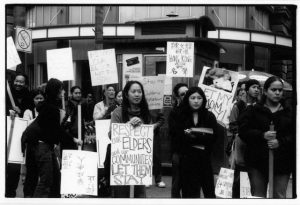
In Defense of Asian American Neighborhoods
How do you address a history of anti-Asian housing discrimination? Not by destroying Asian American communities.
